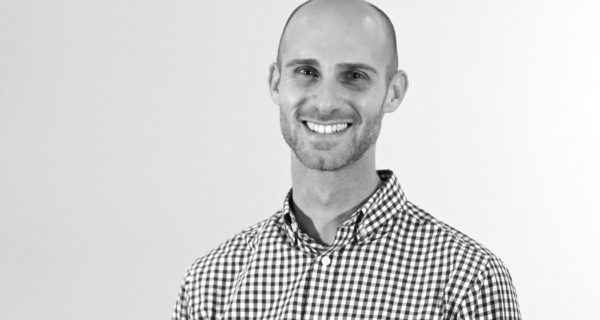A new study examines how veterans sought treatment for certain mental health conditions following the terrorist attacks of Sept. 11, 2001.
The analysis, which included over 14,000 participants, found that post-9/11 veterans were less likely to delay treatment for Post-Traumatic Stress Disorder (PTSD) and depression than pre-9/11 veterans and civilians. However, no differences were observed in treatment delay for alcohol use disorder. Some of the delays varied based on military health care coverage.

Simon Goldberg led the research and is a faculty member at the Center for Healthy Minds and an assistant professor with the School of Education’s Department of Counseling Psychology.
“We do see that for depression, post-9/11 veterans with past-year Veterans Health Administration (VHA) or other military health care coverage got into treatment sooner than those without VHA coverage,” says Goldberg. “We interpret that as indirect evidence that things happening specifically at the VHA and within the Department of Defense are reducing the delay.”
The study, recently published by the journal Psychiatric Services, compared delay of treatment for PTSD, major depressive disorder, and alcohol use disorder among post-9/11 veterans versus pre-9/11 veterans and civilians using epidemiological data collected by the National Institute on Alcohol Abuse and Alcoholism.
“We do see that for depression, post-9/11 veterans with past-year Veterans Health Administration (VHA) or other military health care coverage got into treatment sooner than those without VHA coverage. We interpret that as indirect evidence that things happening specifically at the VHA and within the Department of Defense are reducing the delay.”
Goldberg says increased investment in mental health care, screening and outreach may have helped. The Department of Defense’s universal post-deployment mental health screening is one example, along with efforts within VHA including educational public health initiatives, enhanced eligibility for benefits amongst post-9/11 veterans, the VHA suicide prevention hotline, mobile health resources and the integration of mental health services into VHA primary care settings.
“When veterans are coming back from deployment, the VHA and Department of Defense does a lot of screening,” he says. “They’re attentive to mental health as part of the veteran experience and are working to connect veterans with the necessary treatment when they’re back.”
Goldberg's paper concludes that the difference in treatment delay may reflect these efforts to engage recent veterans in mental health care. He suggests that universally low initiation of treatment for alcohol use disorder may require further efforts given rates were low among all groups. One challenge is that many individuals who meet criteria for alcohol use disorder may not be aware of it or not view it as a problem.
Future work will look to see if veteran status reduces racial disparities in treatment seeking.
- Sara Ifert






